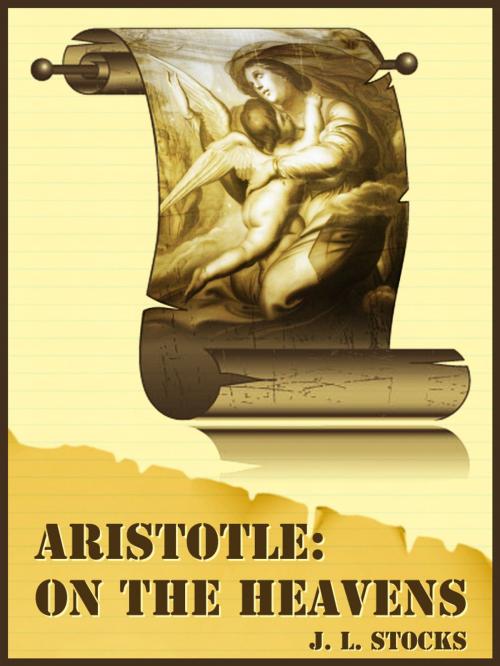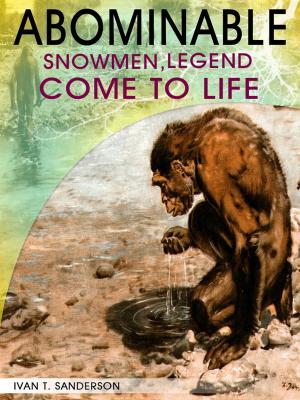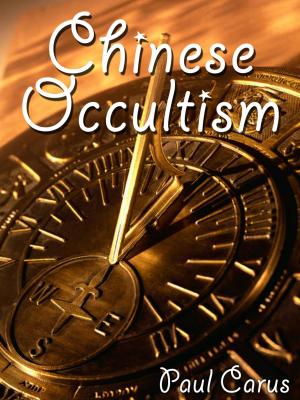| Author: | J. L. Stocks. | ISBN: | 1230000021251 |
| Publisher: | AppsPublisher | Publication: | October 3, 2012 |
| Imprint: | Language: | English |
| Author: | J. L. Stocks. |
| ISBN: | 1230000021251 |
| Publisher: | AppsPublisher |
| Publication: | October 3, 2012 |
| Imprint: | |
| Language: | English |
Aristotle: On the Heavens
Translated by J. L. Stocks.
"On the Heavens (or De Caelo) is Aristotle's chief cosmological treatise: it contains his astronomical theory. According to him, the heavenly bodies are the most perfect realities, (or substances), whose motions are ruled by principles other than those of bodies in the sublunary sphere. The latter are composed of one or all of the four classical elements (earth, water, air, fire) and are perishable; but the matter the heavens are made of is imperishable aether, so they are not subject to generation and corruption. Hence their motions are eternal and perfect, and the perfect motion is the circular one, which, unlike the earthly up- and down-ward locomotions, can last eternally selfsame. As substances, celestial bodies have matter (aether) and a form: it seems that Aristotle did regard them as living beings with a rational soul as their form (see also Metaphysics, bk. XII)
On the Heavens should not be confused with On the Cosmos."
Aristotle: On the Heavens
Translated by J. L. Stocks.
"On the Heavens (or De Caelo) is Aristotle's chief cosmological treatise: it contains his astronomical theory. According to him, the heavenly bodies are the most perfect realities, (or substances), whose motions are ruled by principles other than those of bodies in the sublunary sphere. The latter are composed of one or all of the four classical elements (earth, water, air, fire) and are perishable; but the matter the heavens are made of is imperishable aether, so they are not subject to generation and corruption. Hence their motions are eternal and perfect, and the perfect motion is the circular one, which, unlike the earthly up- and down-ward locomotions, can last eternally selfsame. As substances, celestial bodies have matter (aether) and a form: it seems that Aristotle did regard them as living beings with a rational soul as their form (see also Metaphysics, bk. XII)
On the Heavens should not be confused with On the Cosmos."















